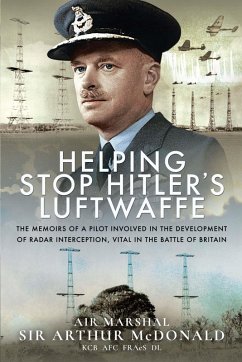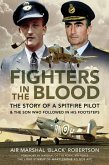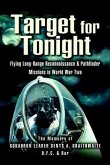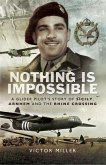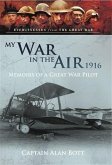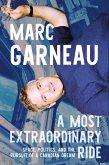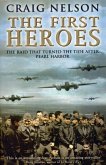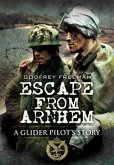An RAF pilot recounts his vital role in the development of Britain's WWII air defense system in this fascinating military memoir. During the 1930s, the UK had no realistic defense against fast-flying bomber planes. That was before radar technology proved capable of detecting an aircraft before it even reached British soil. This was shown in dramatic fashion during the Biggin Hill Experiment, when a young Arthur McDonald led three biplanes-all directed by radar sets on the ground-to intercept incoming aircraft. McDonald was told, "the whole future of this country depends on the results which you obtain." His success led to a new military strategy focused on modern fighter planes using a newly developed radar network-all of which proved crucial during the Battle of Britain. For his work, McDonald received the Air Force Cross. In this enlightening autobiography, Air Marshal Sir Arthur McDonald describes those early radar experiments as well his other innovation, the Duxford flare path, designed to be visible to landing aircraft but not to enemy attackers. McDonald went on to hold many senior posts in the RAF before retiring in 1962. But it his part in the development of Britain's air defense at the most crucial time in its history for which he will always be remembered.
Dieser Download kann aus rechtlichen Gründen nur mit Rechnungsadresse in A, B, BG, CY, CZ, D, DK, EW, E, FIN, F, GR, HR, H, IRL, I, LT, L, LR, M, NL, PL, P, R, S, SLO, SK ausgeliefert werden.

